Solent Scales Services Ltd. (United Kingdom) - A wheelchair scale is a weighing scale which allows people to be weighed in a wheelchair itself.
This is an accurate means of weighing individuals who cannot stand, ensuring they’re comfortable in what could otherwise prove a difficult experience.
This medical scale provides the weight of the patient and wheelchair combined or - when using the TARE function – only the weight of the patient.
As with chair scales, all wheelchair scales need to be Class III approved if they’re to be deployed for medical reasons.
What is the TARE function?
The TARE function is very useful in a range of settings. It can be found on a variety of weighing equipment, including home digital scales and medical scales.
Typically found on digital scales, this setting allows you to reset the balance to zero.
In wheelchair scales, this is particularly useful as it allows you to reset the weight once the wheelchair is placed on it.
Once the patient is positioned it will not add the weight of the wheelchair into the calculation. Some wheelchair scales allow for pre-programmed measurements such as common wheelchair weights.
Remember when using the TARE function, you will be taking away the full capacity of the scale. Keep this in mind to ensure you don’t overload your scale.
Are wheelchair scales accurate?
Wheelchair platform scales are the most reliable and effective method of weighing those who cannot stand. They also are the most accurate.
If the platform scale has a TARE function, this means that the scale is digital and can hold hundreds of weight values of standard wheelchair models.
As such the weight given will automatically subtract that of the wheelchair to provide an accurate measurement of the patient, without the need to use mathematical equation.
Even if the wheelchair platform scales do not have a TARE function, they will be Class III approved, meaning they would have passed a verification test to make sure it displays the correct readings in different circumstances.
How often must a wheelchair scale undergo calibration?
Even though a wheelchair platform scale can be Class III approved, it is still advised that you get your scales calibrated periodically so as to ensure they remain accurate.
It is highly recommended that businesses and healthcare providers employ a company to test their scale(s) at least once a year. This will guarantee that the equipment remains at the accuracy standard required for its class.
Here at Solent Scales, we provide a range of Class III approved medical scales, including wheelchair specific scales, suitable for professional medical use.
We also offer service contracts whereby we calibrate scales to ensure they remain accurate year after year.








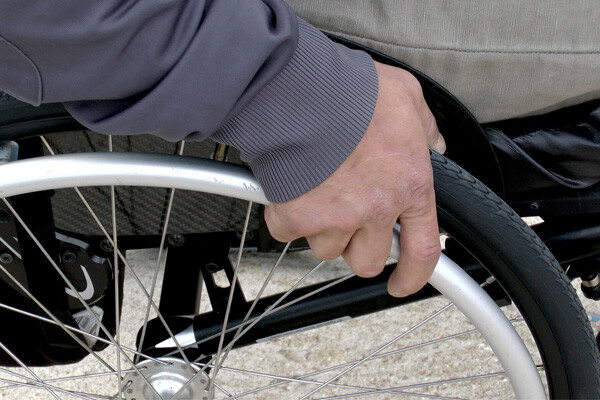
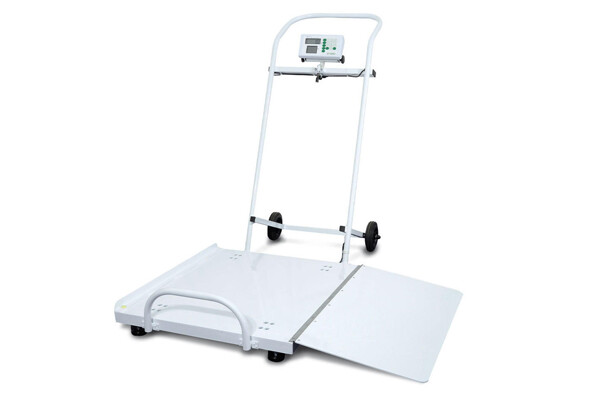








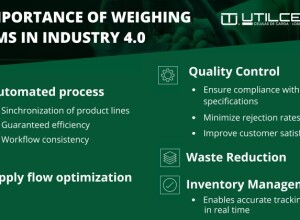

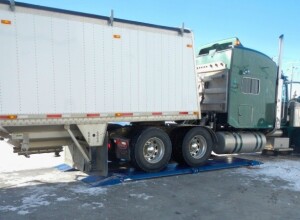

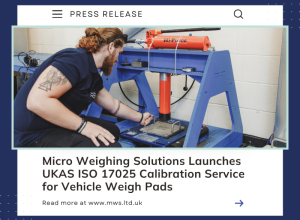






Interested? Submit your enquiry using the form below:
Only available for registered users. Sign In to your account or register here.